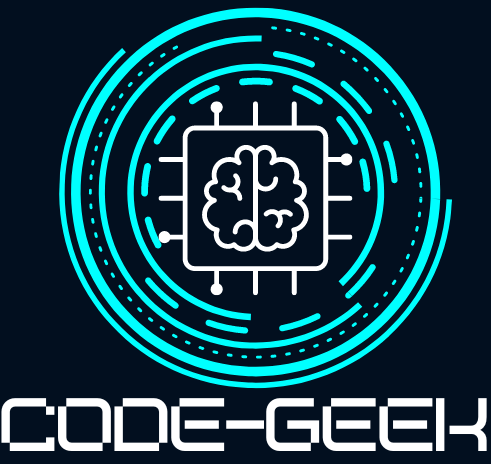from science fiction—it has become a transformative force that is reshaping
industries across the globe. With its ability to analyze vast amounts of data,
make complex decisions, and learn from experience, AI is revolutionizing
processes, enhancing efficiency, and driving innovation. In this blog post, we
delve into the rise of artificial intelligence and explore how AI is
transforming various industries.
Healthcare:
AI is revolutionizing healthcare by improving diagnostics,
patient care, and drug discovery. Machine learning algorithms can analyze
medical images, detect anomalies, and aid in early disease diagnosis.
AI-powered virtual assistants can assist doctors in creating treatment plans
and monitoring patients. Additionally, AI algorithms can accelerate the drug
discovery process, leading to the development of new therapies and personalized
medicine.
Finance:
The financial industry is leveraging AI to enhance
decision-making, fraud detection, and customer experience. AI algorithms can
analyze vast financial data, identify patterns, and make predictions for
investment strategies. In fraud detection, AI can flag suspicious transactions
and detect anomalies in real-time, mitigating financial risks. Chatbots and
virtual assistants powered by AI provide personalized customer support and
streamline banking operations.
Manufacturing:
AI is transforming the manufacturing sector by optimizing
production processes and enabling predictive maintenance. AI-powered robots and
automation systems improve efficiency, reduce errors, and increase production
output. Machine learning algorithms analyze sensor data to predict equipment
failures, allowing for proactive maintenance and minimizing downtime. AI also
enables intelligent supply chain management, optimizing inventory levels and
improving logistics.
Retail:
AI is reshaping the retail industry by revolutionizing
customer experience, inventory management, and demand forecasting. AI-powered
chatbots and recommendation systems provide personalized customer support and
enhance shopping experiences. AI algorithms analyze customer data, purchase
history, and market trends to predict demand, optimize pricing, and improve
inventory management, reducing stockouts and overstock situations.
Transportation:
AI is driving innovation in transportation, particularly in
autonomous vehicles and smart traffic management. AI algorithms enable self-driving
cars to analyze and respond to real-time traffic conditions, improving road
safety and reducing congestion. AI-powered logistics and route optimization
systems optimize delivery routes, minimizing fuel consumption and enhancing
efficiency in the transportation of goods.
Marketing and Advertising:
AI is revolutionizing marketing and advertising by enabling
targeted campaigns and personalized customer experiences. AI algorithms analyze
customer data, preferences, and behavior to create tailored marketing
strategies. AI-powered chatbots and virtual assistants enhance customer
interactions, providing real-time support and personalized recommendations.
Natural Language Processing (NLP) algorithms analyze social media sentiment,
helping companies understand customer feedback and sentiment analysis.
Agriculture:
AI is transforming the agriculture industry by enabling
precision farming, crop monitoring, and automated processes. AI-powered drones
and sensors collect data on soil conditions, plant health, and weather
patterns, optimizing irrigation and fertilization practices. Machine learning
algorithms analyze data to detect pests, diseases, and nutrient deficiencies,
enabling early intervention and improving crop yield.
Education:
AI is revolutionizing education by offering personalized
learning experiences and intelligent tutoring systems. AI algorithms analyze
student data and learning patterns to provide adaptive learning paths and
personalized feedback. Virtual reality and augmented reality technologies
powered by AI enhance immersive learning experiences. AI-powered chatbots and
virtual assistants support students in their educational journey, providing
on-demand assistance.
Conclusion:
The rise of artificial intelligence is transforming
industries across the board, revolutionizing processes, driving innovation, and
enhancing efficiency. From healthcare to finance, manufacturing to retail, AI
is reshaping the way businesses operate and deliver value. Embracing AI
technologies offers immense opportunities for organizations to gain a
competitive edge, improve customer experiences, and unlock new levels of
productivity and growth. As AI continues to evolve, its impact on industries
will only prove beneficial.



